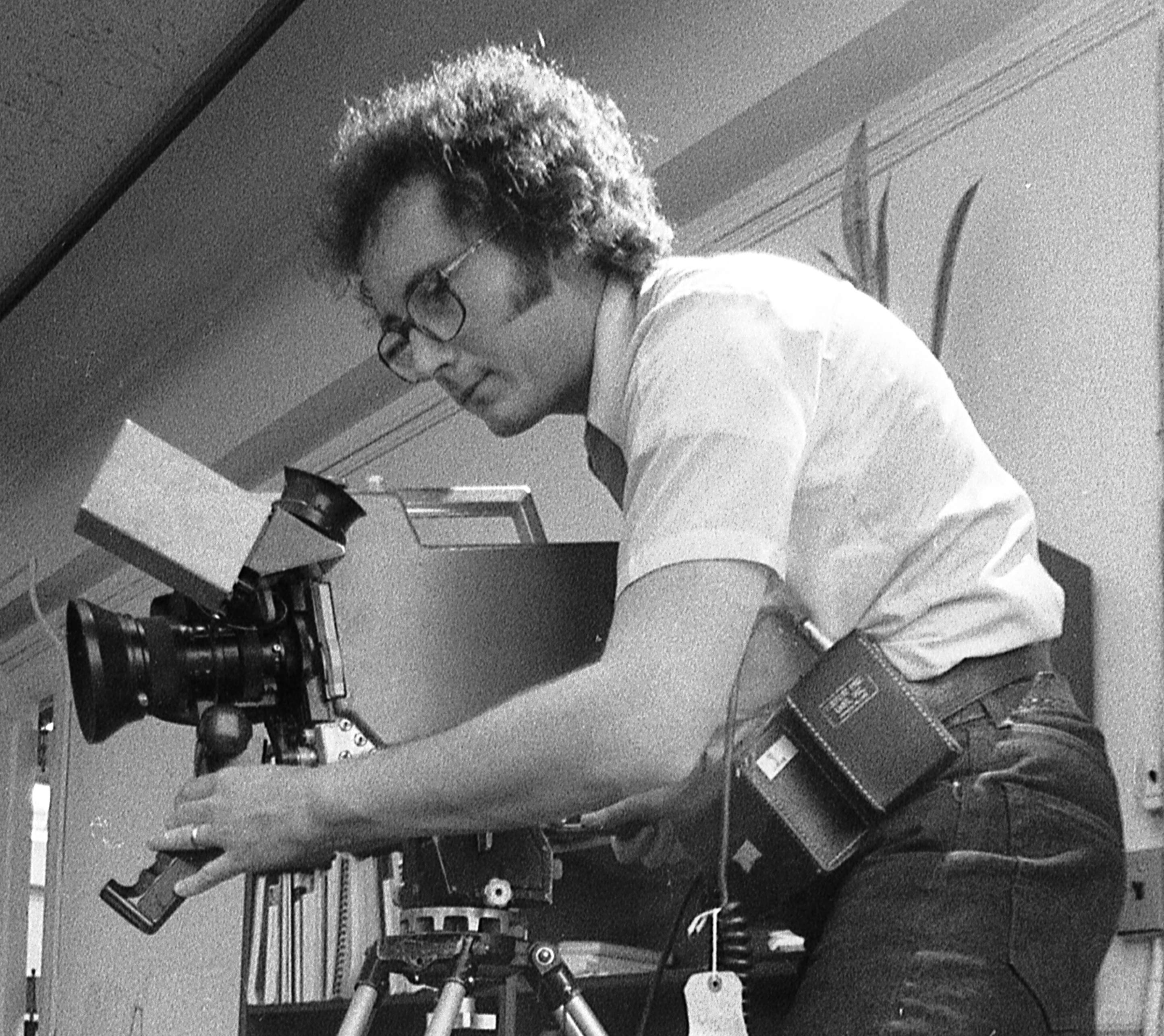YouTube blitzes Europe with 60 new channels
Google’s YouTube plans to take Europe by storm with the launch of 60 new channels over the next few months to extend its programming push across the continent. But in the same breath, its head of content, Robert Kyncl, conceded that YouTube’s strategy of morphing from being the world’s favorite source of clips to a global provider of serious long-form programming was creating teething troubles that would delay its advance. Speaking last week at MIPCOM, the worldwide content market held this year in Cannes, France, Kyncl said that YouTube’s operations in the UK, France and Germany had “moved from second to third gear and will remain in third gear for a couple of years because that’s what it takes to build big channels.”
Part of the problem is that in order to become an OTT provider of long-form programming, YouTube has had to revise the way it pays content providers. Until now it has tended to reward short amateur clips that “go viral” and get millions of quick views, but is now rebalancing its remuneration towards longer programmes. This, though, is leading some of the small production firms that evolved to produce content for YouTube in its early days to defect to rival platforms.
However YouTube believes it can preserve some of its identity as a provider of long-form content and not just become another “me too” OTT operator. It recognised that to lure people from traditional TV platforms to the Internet, it will have to produce original programming not found elsewhere. This will involve replicating the U.S. strategy, where it launched 100 channels last year, paying $100 illionm upfront to lure big-name, premium content producers to the site.
Similarly in Europe, it will be working with big content producers, including the BBC in the UK; Endemol, the Dutch company behind the Big Brother series in the Netherlands; and FreemantleMedia, an arm of German media giant Bertelsmann responsible for American Idol. YouTube’s manager of northern European partnerships, Ben McOwen Wilson, emphasized that the goal was to stimulate partners to come up with different material from their normal TV service, through a combination of personality-driven production and subject-related content for smaller audiences.
With the BBC, it is working in both these two areas. On the personality front, it is collaborating with food celebrity Jamie Oliver to produce a variety of original material, which it hopes will attract more viewers as well as blue chip advertisers. Then in the second content-based category, it is launching BBC nature channel called On Earth, and a science show hosted by Top Gear presenter James May.
The European launch will bring at least 46 channels to the three biggest markets, the UK, France and Germany, from major partners such as BBC Worldwide, UFA/FremantleMedia, All3Media, Zodiak Active and Kabo Productions. This includes 13 new premium channels in France, 12 in Germany and 21 in the UK, spanning all the popular topics including sport, health, comedy, food, news, as well as science and nature.
Even though You Tube has admitted it will take time to get the new channels fully up to steam, it hopes to emulate the success that followed the U.S. launch, where its top 25 original channels now average more than a million views each week.
The professional video industry's #1 source for news, trends and product and tech information. Sign up below.
